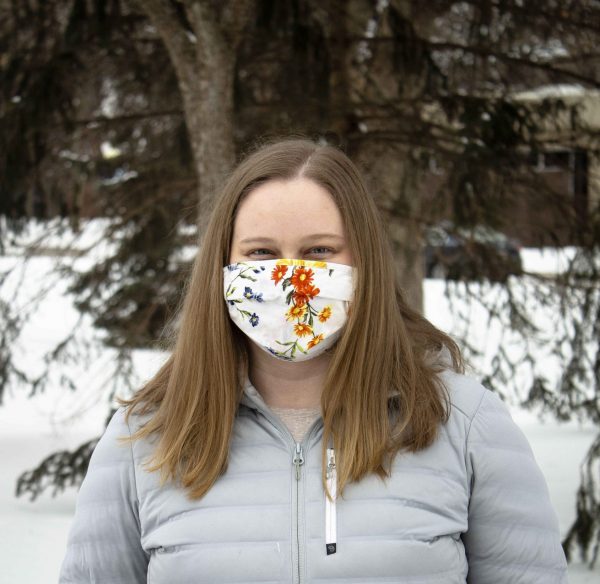After returning from Study-Service Term in Tanzania early due to COVID-19 last spring, I had plenty of time to reflect on every aspect of my experience.
SST was always something I had been looking forward to ever since I was a prospective student. However in reflection, I also realize that there was a point in my life where SST would have been a terrible idea and a terrible experience for me.SST requires you to put your schooling, friendships, family and lifestyle aside and begin a new life in another country and culture.
In retrospect, this is a huge ask.
We have spent our whole lives developing who we want to be, how we want to live, growing as individuals, and we are all at different places in this journey.
We all have our own individual struggles and histories, and for some people, these make SST a more difficult challenge.
The SST experience does not have to be limited to a GC study abroad program; it is unrealistic for every student to be ready for this experience in four years at GC.
SST is challenging for people who struggle with mental health.
It requires tremendous amounts of self-confidence, ambition and an ability to cope with a wide variety of situations: all things I, while struggling with anxiety and depression in the past, did not have.
SST requires one to leave their support systems behind at home, and it can be really difficult to find support while on SST. You are required to be independent, while everything around you is constantly new and changing.
This is not to say that someone who struggles with mental health can never travel or study abroad.
I did.
Reflecting on your own individual challenges and practicing coping mechanisms with a counselor or trusted friend is essential in preparing for the SST experience.
I can only speak to my experience in Tanzania, but sexual harassment on SST is an all too familiar event.
My very first day commuting to school on study, I was followed home by a man in a car, yelling at me in another language about how he wanted to marry me.
Men shouted at me, proposed to me, grabbed me in the markets, stood inappropriately close to me on busses; one uber driver even told me he wanted to have children with me.
Having to constantly experience this was absolutely exhausting.
I even missed a day of service because I couldn’t deal with the men at work. I was not in a position where I could confront these men, but I don’t think it would have made a difference.
I was fortunate that these incidents did not trigger any previous trauma in my life, but this is not the case for everyone.
This is not an openly discussed aspect of SST and this challenge came as a surprise to me. I wish there could be more support within units and during SST orientation about how to cope in these moments, especially with the language and cultural barriers.
Again, this does not mean SST is impossible, but there may be safer ways to have the same experience.
I want to end by fully empowering everyone that you can study abroad. I went and loved the experience I had.
However, these four years in college may not be your best years to go abroad.
Not everyone goes into SST with the same experiences, and not everyone has the same SST experience. What is important, using a quote from my mother, is that you, “set yourself up for success.”
Before considering SST, reflect on how you will be most successful in the experience, and seek out assistance from many resources before leaving (not just the “mental health screening” they ask some to complete beforehand).
Maybe it’s time to rethink fitting an international learning experience for all into these 4 years.
Maybe we can begin to consider how to fit the SST experience to the individual, instead of the individual to the SST experience.



